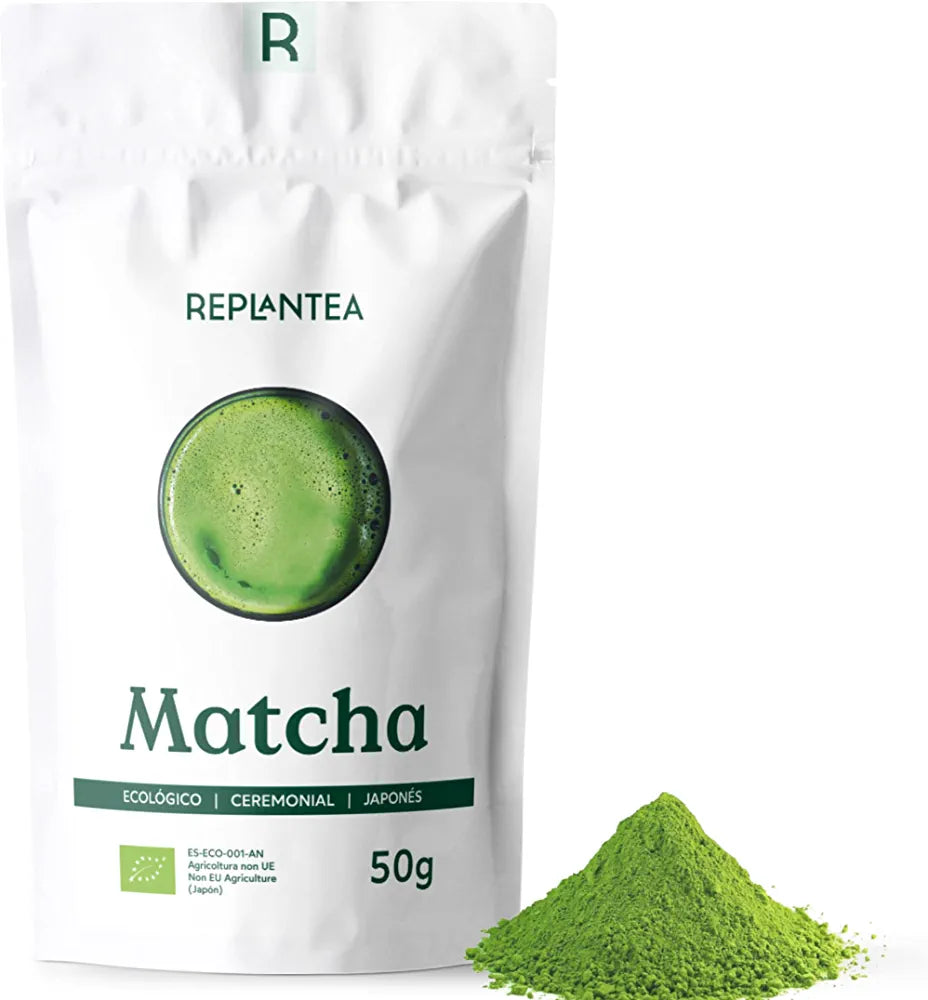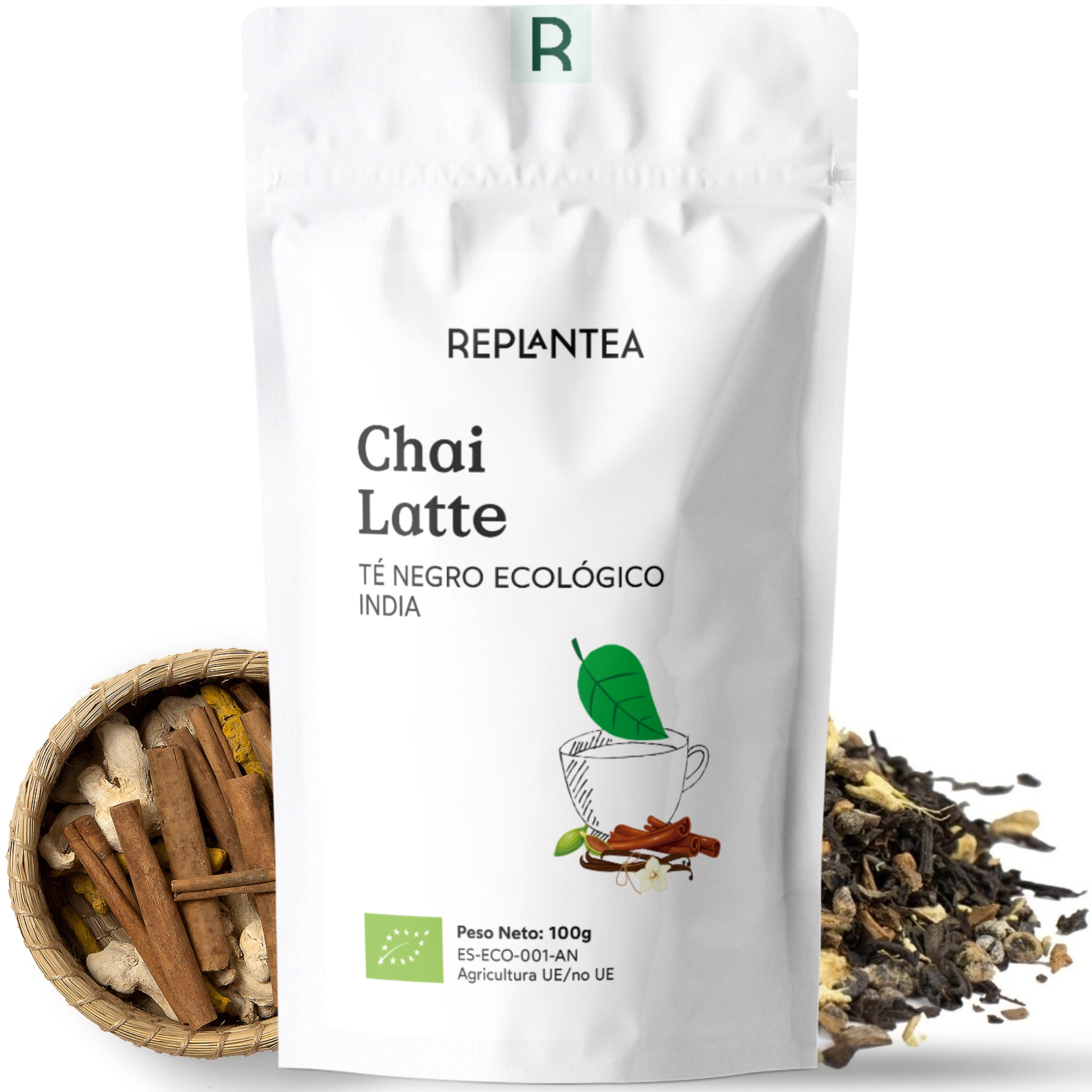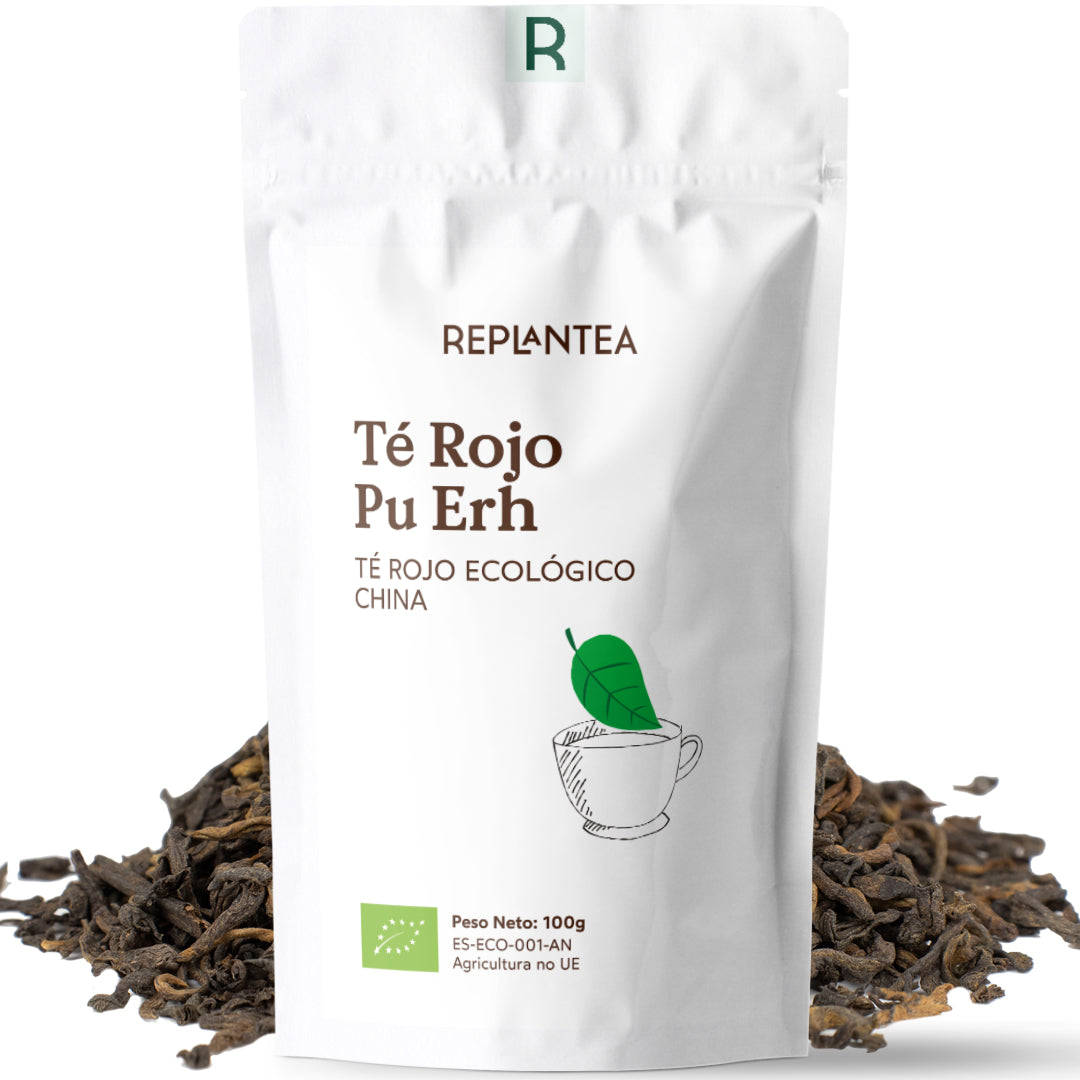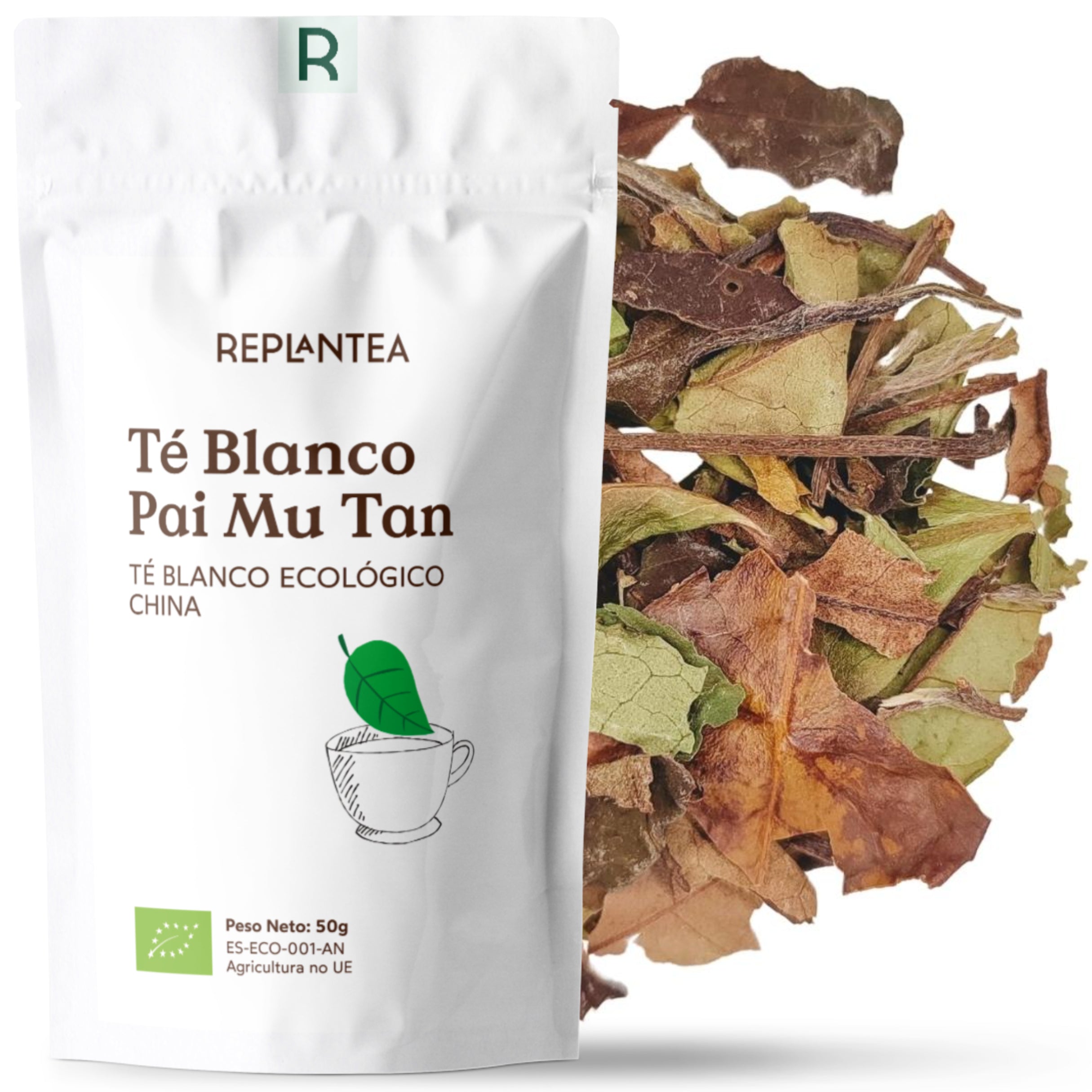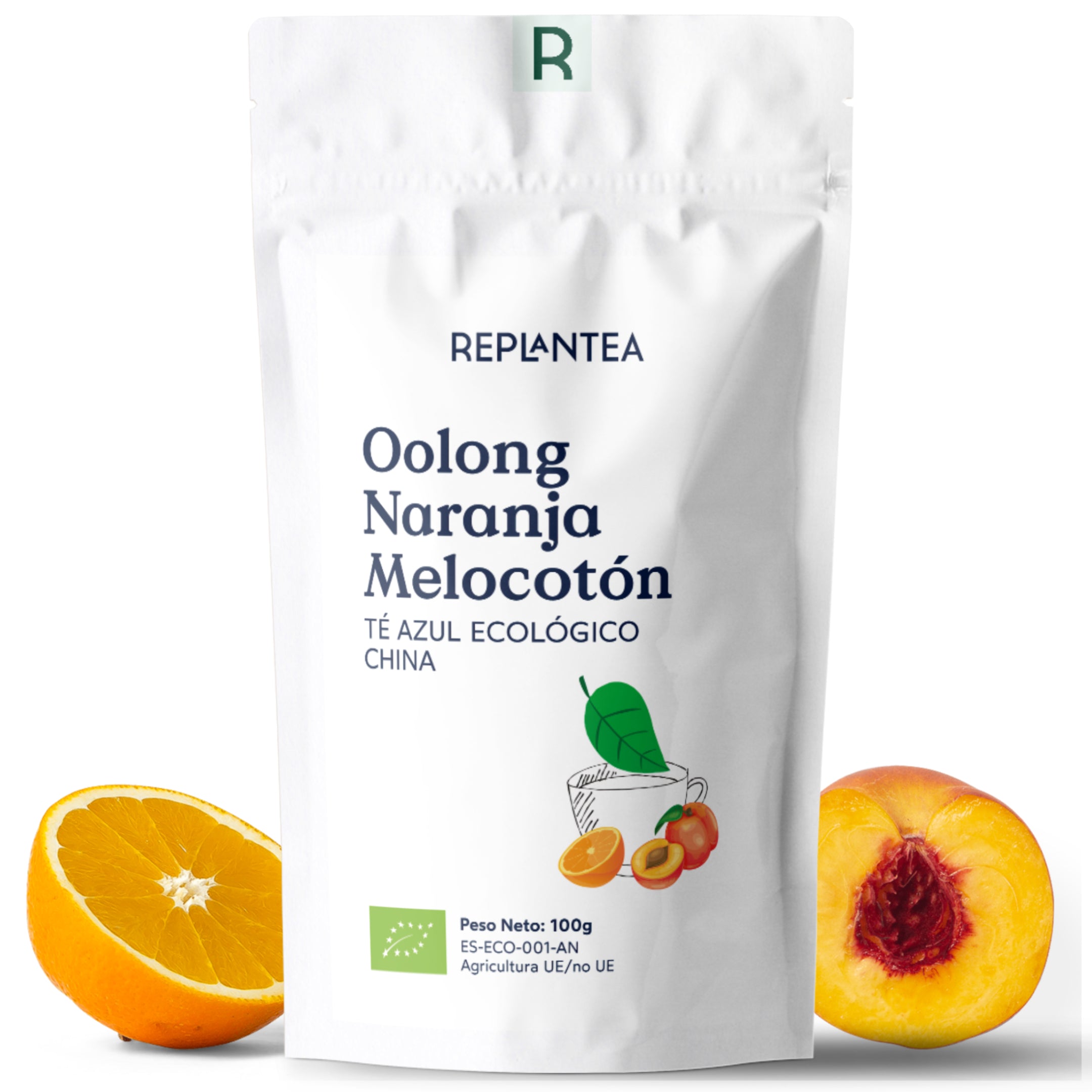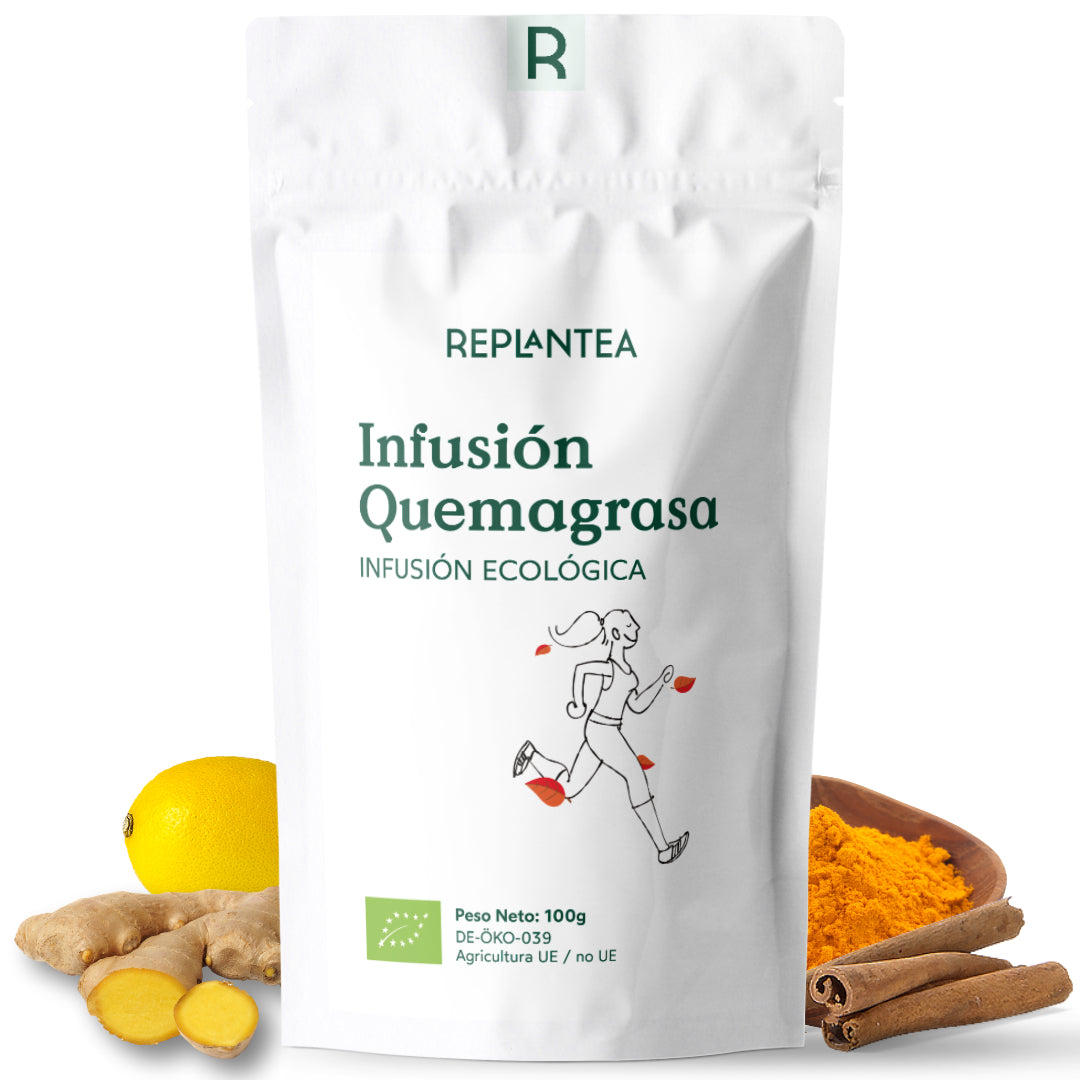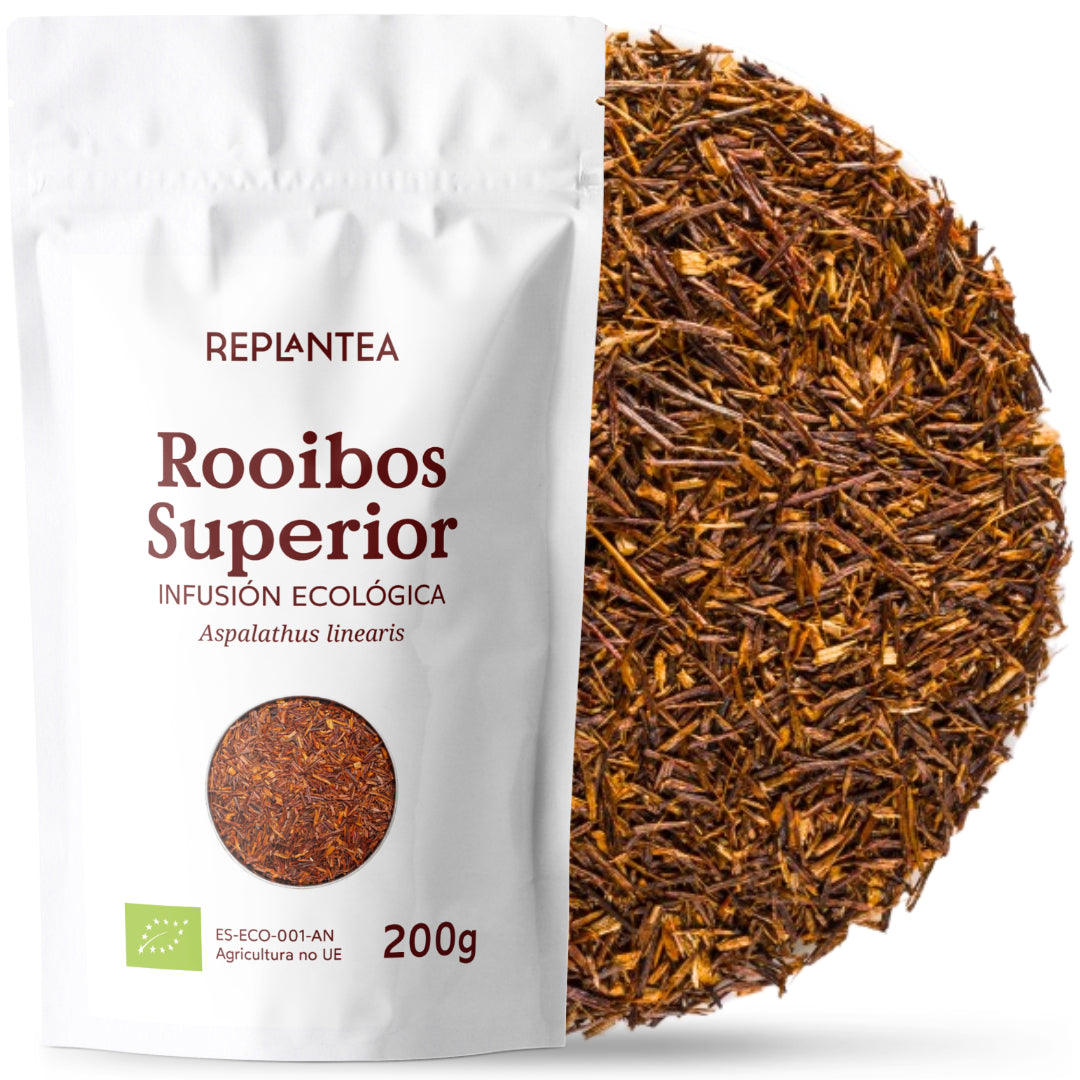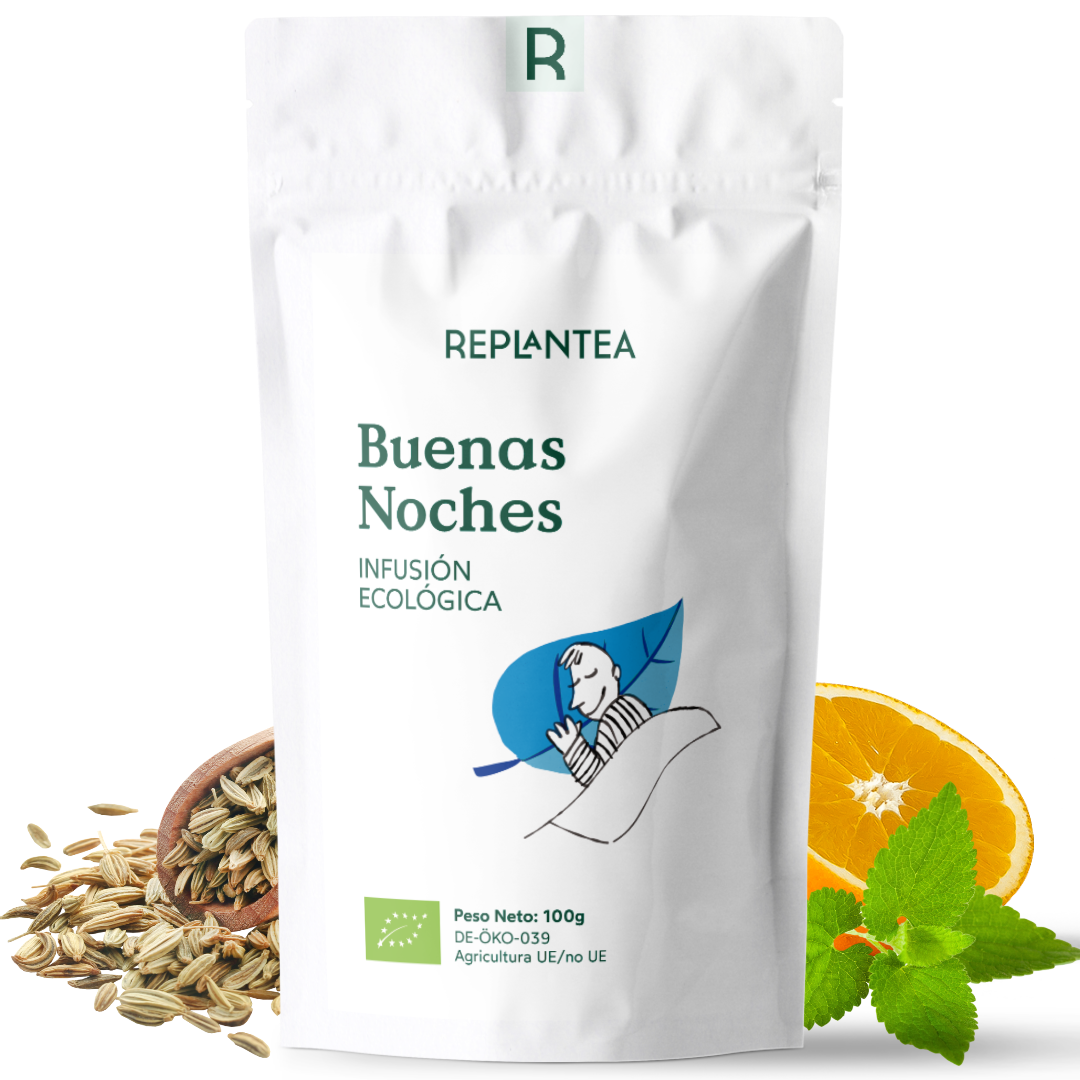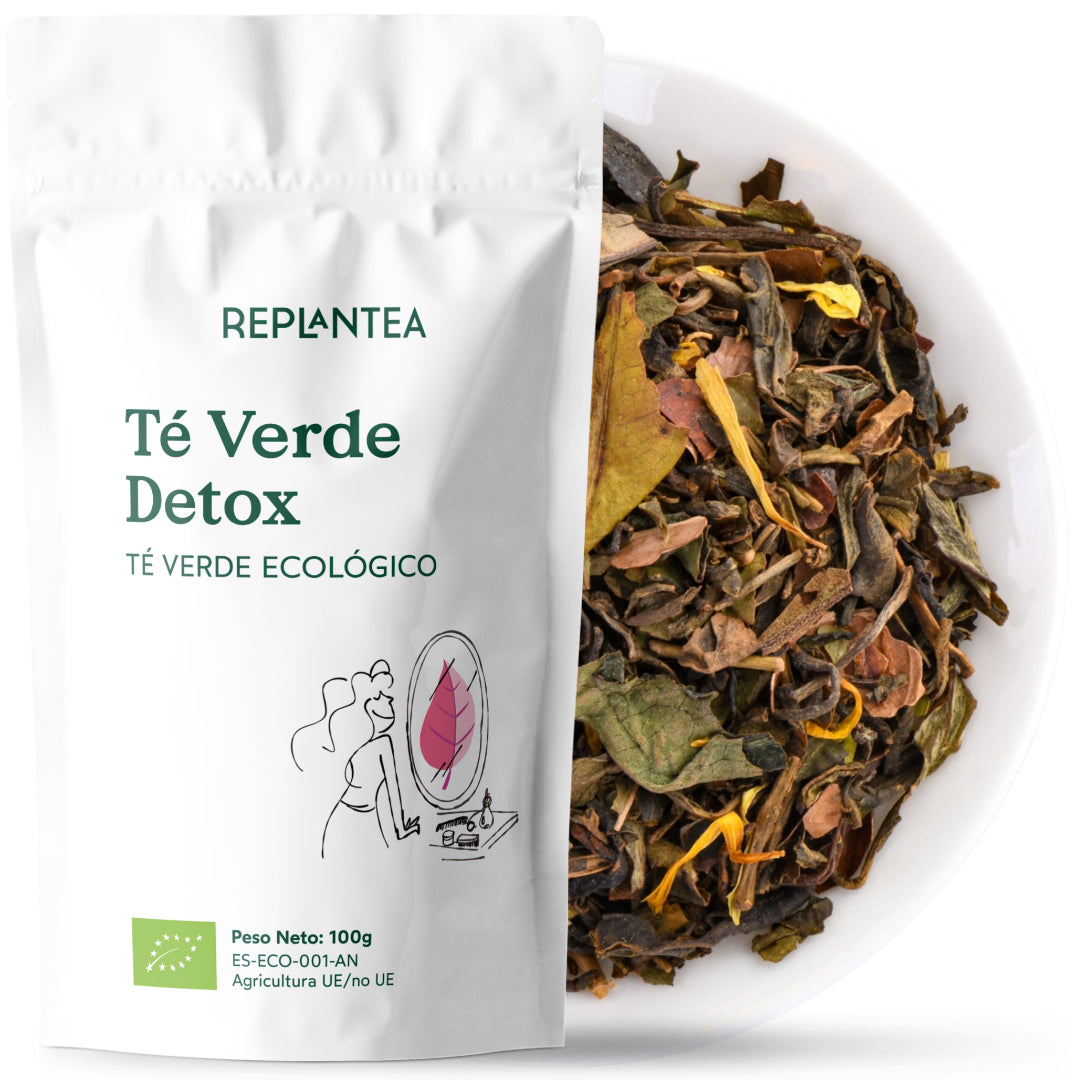
Consuming Sugar Affects Your Body and Mind
Sugar is a type of carbohydrate found naturally in many foods, from fruit to broccoli.
So if sugar is found in these healthy foods, where's the problem?
The problem isn't the natural sugar in foods, it's the added sugars, which are widely used in almost all processed or packaged foods.
You may be wondering, to what extent should you avoid these types of products with added sugar? In this article, we'll break down how sugar affects your body and mind, so you can decide for yourself.
Buy Organic Unsweetened Teas and Infusions >>

How does sugar consumption affect your body?
1. Increases the risk of heart attacks
Diets high in sugar have been associated with an increased risk of multiple diseases, including heart disease, which is the leading cause of death worldwide.
Evidence suggests that high sugar consumption can lead to obesity, inflammation, high triglyceride levels, and increased blood pressure, all of which are risk factors for heart disease.
A study of more than 30,000 people found that those who consumed a higher percentage of calories from added sugars had a 38% higher risk of heart disease.
To give you an idea, a single can of soda contains up to 45 grams of sugar, almost doubling the daily sugar intake recommended for adults by the World Health Organization (WHO), which limits it to 25 grams.
RELATED INFORMATION
2. It can cause weight gain
It is a fact that people who regularly consume sugary drinks are more overweight than those who do not.
Refined sugar adds “empty calories,” that is, calories that have no nutritional value.
When you eat foods high in sugar, you're often replacing foods that provide essential vitamins, minerals, fiber, and other nutrients. For example, if you eat a sugary donut for breakfast, you're probably not also eating a piece of fruit.
Plus, sugar is metabolized quickly, so it doesn't fill you up like calories from fat, protein, or fiber. This means you'll feel hungry again much sooner after eating the donut than after eating the piece of fruit. Therefore, you're more likely to need a snack or eat more at your next meal.
This vicious cycle is why many people tend to consume more calories overall when they eat sugary foods.
RELATED INFORMATION
3. It makes you age faster
Aging is inevitable, but it's a natural process that we accelerate with our lifestyle, routines, and diet.
Glycation is a process that occurs when there is excess sugar in our blood. Advanced glycation end products (AGEs) are compounds formed by reactions between sugar and proteins in the body and are suspected to play a key role in skin aging.
Eating a diet rich in refined carbohydrates and sugar leads to the production of AGEs, which can cause premature skin aging. These compounds damage collagen and elastin, proteins that help skin stay plump and maintain its youthful appearance.
Research concludes that a diet low in refined carbohydrates is linked to better skin appearance.
4. Increases insulin resistance and causes diabetes
The health of organs, the nervous system, and blood vessels depends largely on the body's ability to maintain stable blood sugar levels.
When we eat sugary foods, our blood sugar, known as glucose, spikes. The pancreas responds by producing insulin, a hormone that stabilizes blood sugar levels by signaling cells to absorb the excess glucose and burn it as fuel.
A diet high in sugar and the resulting elevated insulin levels can lead to what is known as insulin resistance. This occurs when cells stop responding to insulin and, therefore, stop absorbing and burning glucose efficiently.
Insulin resistance increases the risk of developing prediabetes and, ultimately, type 2 diabetes.
5. Feeds cancer cells
Cancer cells thrive more rapidly in environments with high blood sugar levels. In fact, it's been proven that they can consume sugar 10 to 12 times faster than healthy cells.
This likely explains why cancer patients showed tumor shrinkage when they adopted a ketogenic diet (high in fat and low in carbohydrates). The ketogenic diet lowers blood glucose while increasing fatty acids and ketones, which causes cancer cells to have less fuel.
Normal, healthy cells can adapt to burning different fuel sources: glucose, fatty acids, or ketones. Cancer cells, however, have defective mitochondria that cause them to rely primarily on glucose.
6. Feeds harmful gut bacteria
Gut health is essential for your health. It's necessary not only for digesting food and absorbing essential nutrients, but also for a strong immune system, good brain function, avoiding fatigue, and maintaining a balanced mood.
Sugar feeds candida yeast, a fungus that lives almost everywhere, including in our bodies. Given enough sugar fuel, candida can quickly overpopulate the digestive tract, causing an imbalance in healthy gut bacteria known as dysbiosis.
Dysbiosis can increase the risk of developing other digestive diseases, such as ulcerative colitis, celiac disease, or irritable bowel syndrome, as well as chronic diseases such as obesity and diabetes.
7. Decreases energy
Foods high in added sugars rapidly increase blood sugar and insulin levels, causing an increase in energy.
However, this increase in energy levels is short-lived. Foods high in sugar but lacking in protein, fiber, or fat cause a brief energy surge, quickly followed by a sharp drop in blood sugar, commonly known as the "crash."
Combining carbohydrates with protein or fat is a good way to keep blood sugar and energy levels stable. For example, eating an apple with some nuts is an excellent way to get a long-lasting, consistent energy boost.
RELATED INFORMATION
How does sugar consumption affect your mind?
Sugar isn't just detrimental to your physical health. Both memory and mood are negatively affected when you consume too much sugar.
Depression is expected to become one of the leading health problems in the Western world in a few years, and high sugar consumption appears to be one of the reasons.
Researchers have shown that a diet high in refined sugar decreases brain-derived neurotrophic factors (BDNF) and increases inflammation, both of which are associated with depression.
Glucose, or blood sugar, is the brain's main source of nutrition. Therefore, when we consume sugary foods, glucose levels rise and fall rapidly, affecting our ability to think, remember, and learn.
High blood sugar levels can even cause the brain to shrink, according to a published study. According to this research, sugary drinks, such as soda and fruit juice, are linked to preclinical Alzheimer's disease, resulting in poor memory and reduced brain volume.

Tips to reduce sugar consumption
As we have seen, eating a diet with too much added sugar has many negative effects on health.
Fortunately, simply focusing on eating fresh, unprocessed foods automatically reduces the amount of sugar in your diet.
Here are some simple tips to reduce your sugar intake:
- Replace soft drinks, energy drinks, and industrial juices with water, teas, and infusions.
- Gradually reduce the amount of sugar you add to your coffee or tea. I assure you, you'll gradually get used to it, to the point of drinking it without any added sugar.
- Sweeten plain yogurt with fresh fruit such as strawberries, peaches, or blueberries.
- Eat whole fruit instead of drinking industrial juices or fruit smoothies.
- When you need a snack, eat nuts or dark chocolate.
- Dress your salads with olive oil and vinegar, instead of using sweet, ready-made dressings.
- Avoid alcoholic beverages sweetened with soda, juice, or syrup.
RELATED INFORMATION
Finally, here's a list of the names the food industry uses to describe added sugars in different ways. We advise you to read food labels carefully before deciding what to buy for yourself or your family. You'll be surprised to find out how many of the products you consume every day contain one of these sugars:
- Agave nectar or syrup
- Dextrose
- Brown sugar
- Syrup or corn syrup
- Saccharose
- White sugar
- Malt syrup
- Maple syrup
- Lactose
- Invert sugar
- Fructose or fructose syrup
- Maltose
- Molasses
- Candy
- Maldodextrin
- Modified corn starch
- Oligofructose
- Mannitol
- Sugarcane honey
- Fruit nectar
- Sorbitol
- Xylitol
Share


